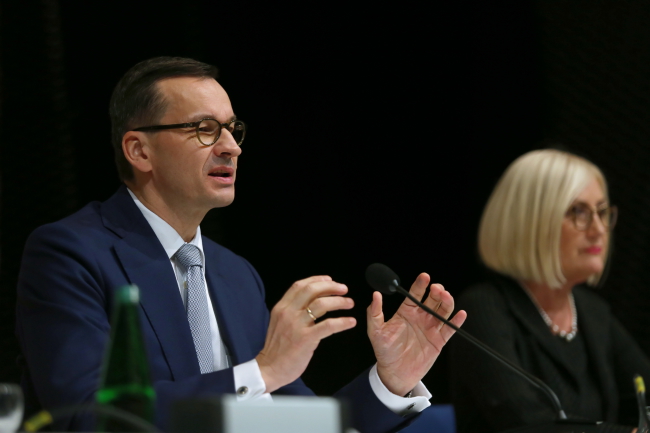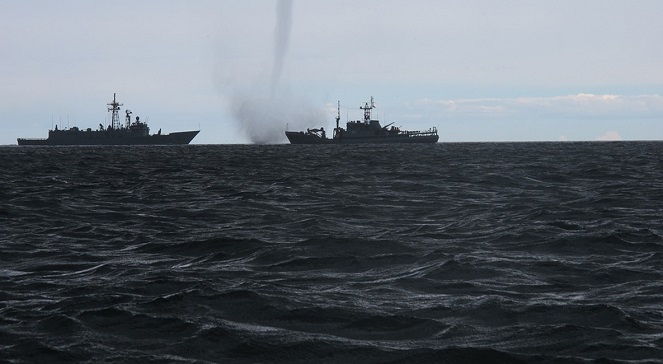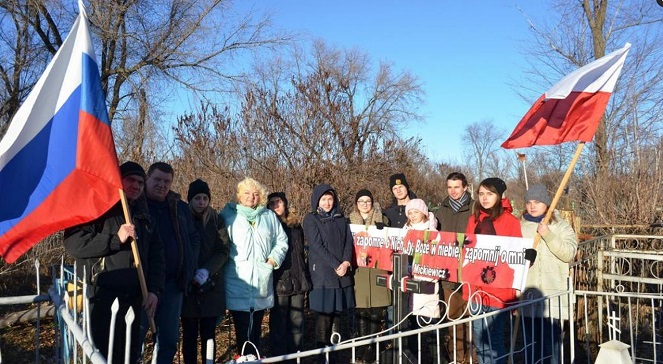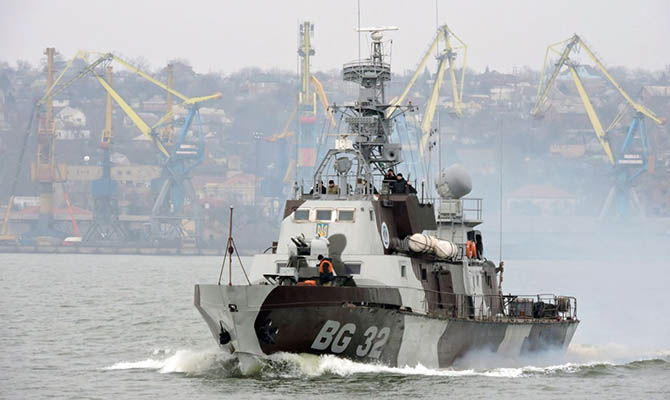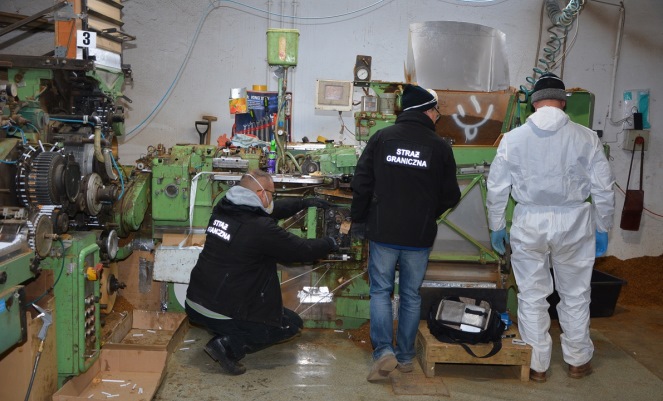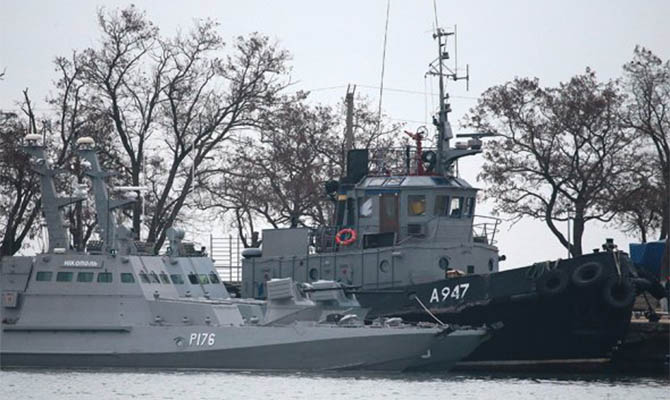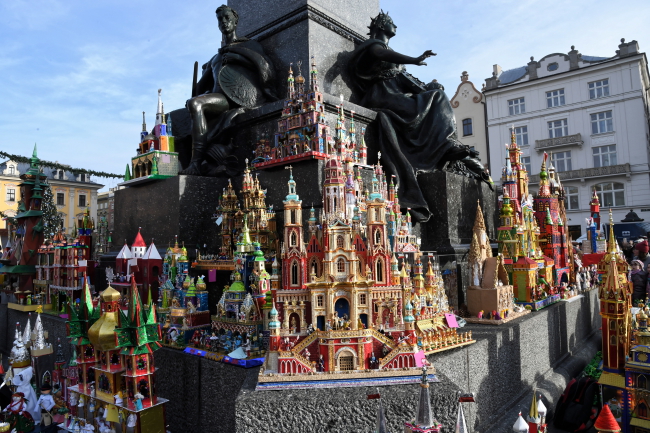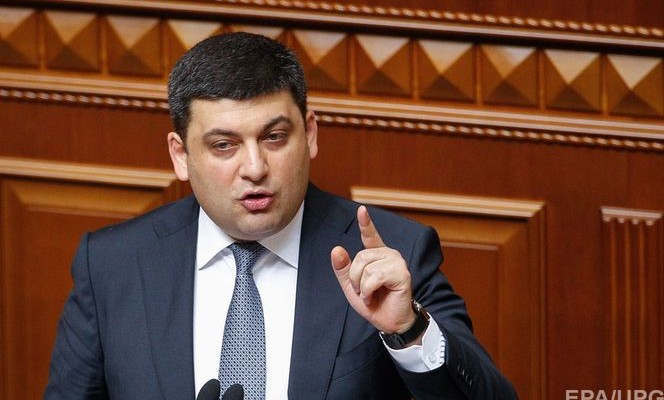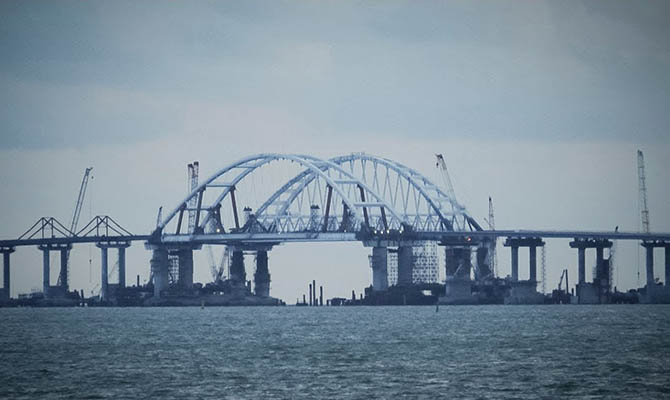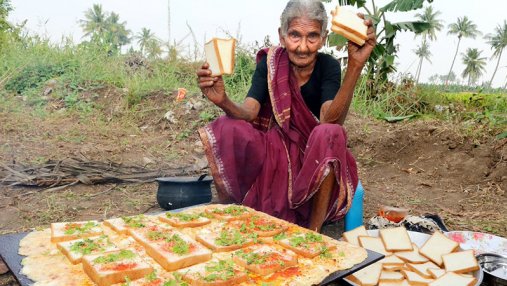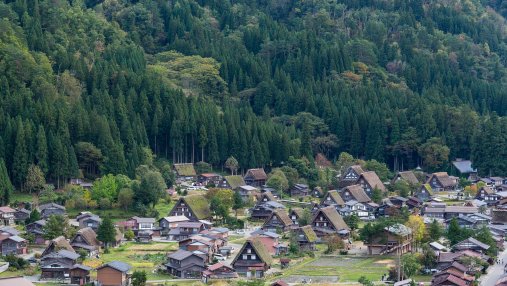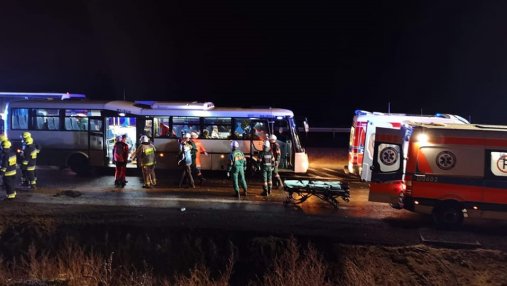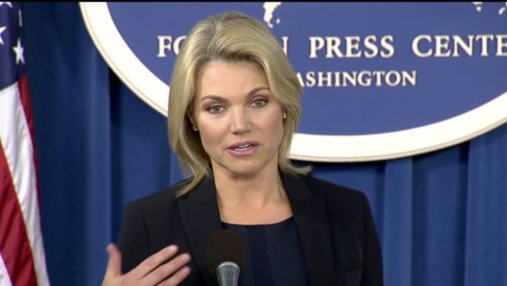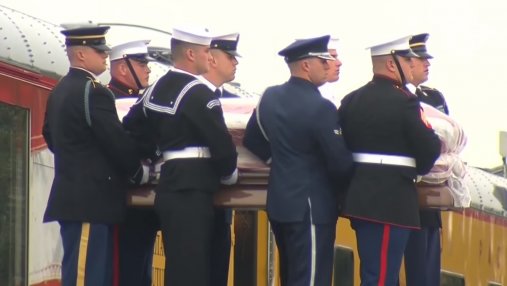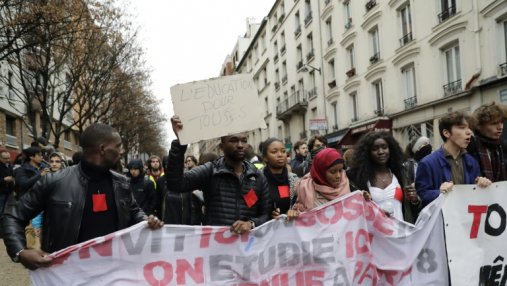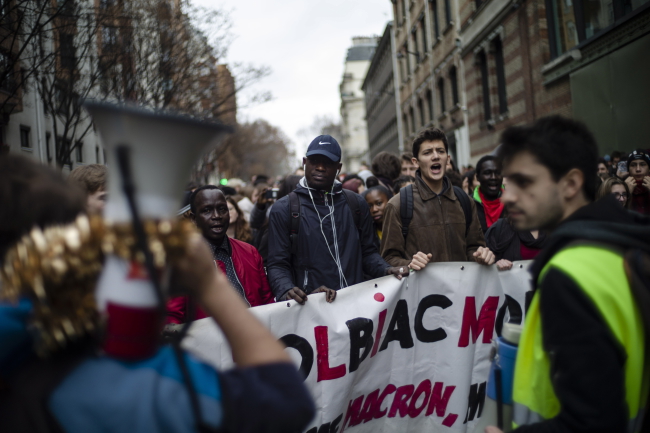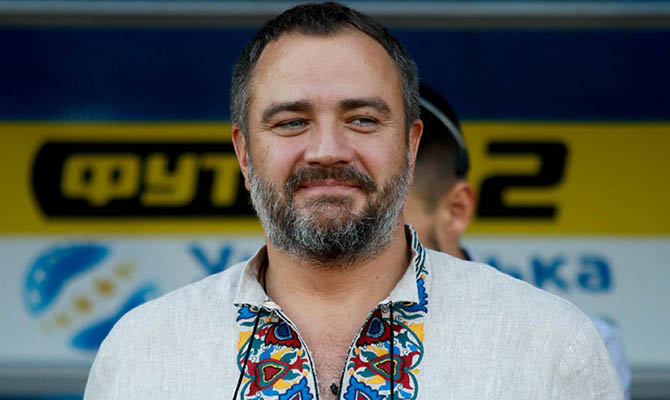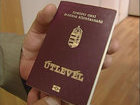I run for the family Im not allowed to see | Последние новости сегодня в мире
I run for the family Im not allowed to see

Runner Salah Ameidan takes part in the Sahara Marathon every year - its the closest he can get to his family, who live in territory governed by Morocco.
Women provide water, dates and oranges at a drinking station along the route Ameidan was 12 years old when he was recruited to run for the national Moroccan athletics team. Within 10 years he had become one of the worlds top long-distance runners - the Moroccan national champion and the Arab World Champion on two occasions.But a race in 2000 altered the course of his life. "I won, but I was forbidden from having the prize," he says. "At that point, I began to think about how to make my own way and to get myself out of this system." Find out more Listen to Western Saharas Champion Athlete on Assignment, on the BBC World Service Click here for transmission times or to catch up online It was this that led ultimately to his act of protest in France, four years later.On entering the stadium at the end of a 10km race, Ameidan took the Saharawi flag - illegal in Morocco - from a friend in the crowd, and raised it victoriously while crossing the finish line."I realised there had been something missing inside of me. I felt a sense of freedom holding the Saharawi flag - and, for the first time, a sense of responsibility," he tells me.From this moment on, he hasnt been able to safely visit them, and his family cant go to France for fear that they wouldnt be allowed to return home."My mother and my sister are still in the occupied territories but I am banned from visiting them," he says. Eleven members of his wider family have been arrested and interrogated because of his actions. "I put myself and my family at serious risk." Image copyright Sahara Marathon Image copyright Sahara Marathon Image caption A lone Saharawi competitor runs past the refugee camps The closest Ameidan can get to his family is here on the Algerian border, 500km away from his home city of Laayoune in what Saharawis call the "occupied territories" of Western Sahara, close to the Atlantic coast.Morocco has claimed those areas since 1975, when its troops moved in from the north, sparking a bitter, bloody war with the indigenous Saharawi people. It was to be a temporary move but, a generation later, the territories remain divided by a heavily landmined wall snaking 2,700km through the desert. Land to the east of the wall is governed by the Polisario, the Saharawi independence movement. The Berm of Shame, as its known to local Saharawis, continues to separate thousands of families like Ameidans. When the conflict broke out, those who could fled across the desert to neighbouring Algeria, seeking sanctuary. There, in Tindouf province, they set up six refugee camps, now home to tens of thousands of people. The Sahara Marathon is run through those camps - and some of those who live there are taking part in the race, which is another reason its an unmissable event for Ameidan."Im so happy to be back among my people," he shouts over to me while posing for selfies with enthusiastic fans. "Every year I get just one months break and I choose to come here. That shows how important it is for me to participate in this race." Image copyright Sahara Marathon Most of the rest of the year he lives in France, where he works as a running coach.But grateful as he is to have been offered sanctuary by the French authorities, he has declined citizenship."You only have one homeland," he says."I made my decision to be pure Saharawi - its not good to make a lot of contradictions." Image copyright Sahara Marathon Image caption Salah Ameidan holding the Saharawi flag after the race Since the fateful 2004 race, running has become more than a sport for Ameidan - its a platform to highlight the plight of the Saharawi people."Running is a weapon that I can use to amplify my peoples voices and its a peaceful one," he says."You taste freedom when you run but its an incomplete and unfinished freedom. As long as my land is occupied, I cant fully enjoy my freedom." Image caption Saharawi women ululate and fly the flag Being banned from Morocco, and separated from his family, is the price he has to pay for his political convictions. "And I will happily pay it," he says. But, at least in the elation of a successful race - he came second in the 10km event, with a time of 36:03 - he is far from downhearted.I battle through the hordes of fans at the finish line to speak to him. He mops beads of sweat from his brow, and gestures to the ululating crowd."We are so determined to reach our goal of independence," he says, "I consider this stage as a bridge before we go back to our country. Without hope, there is no life..." Image copyright Sahara Marathon Listen to Western Saharas Champion Athlete on Assignment on BBC World Service Nicola Kelly is on Twitter @mllenicolakelly You may also like: How I drank urine and bat blood to survive Image copyright Getty Images When former Olympic pentathlete Mauro Prosperi took part in the 1994 Marathon des Sables, he got caught in a sandstorm and was lost in the desert for 10 days. Join the conversation - find us on Facebook, Instagram, YouTube and Twitter. Related TopicsMoroccoAlgeriaMarathon running
- 2018-04-26 17:02:16
Порошенко вновь призвал Россию без каких-либо условий освободить украинских военных моряков

- 2018-12-07 13:30:26
В РАЗУМНОЙ СИЛЕ заявили, что украинская власть и криминал – одно неделимое целое (ВИДЕО)
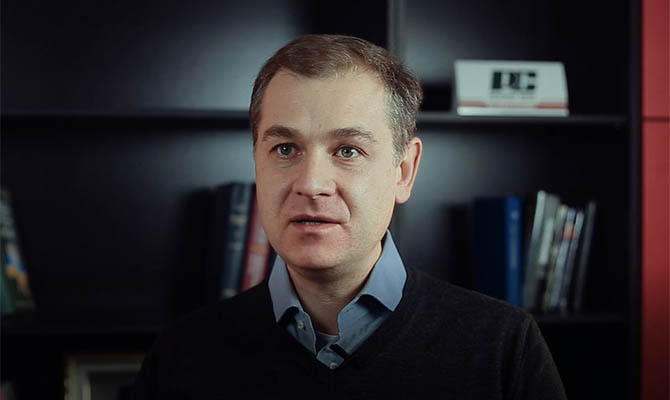
- 2018-12-07 13:30:26
Не накачивайте регион оружием: Беларусь предостерегла Европу перед новой эскалацией

- 2018-12-07 13:30:23
Никаких наблюдений, никаких посредников, - Лавров о предложении Германии расширить мандат ОБСЕ на Азовское море

- 2018-12-07 13:30:21
Не накачуйте регіон зброєю: Білорусь застерегла Європу перед новою ескалацією Країни ОБСЄ повинні зупинити накачування регіону летальним зброєю, щоб не провокувати ескалацію конфліктів в Європі. У Білорусі вважають, що організації не вдається вирішув

- 2018-12-07 13:01:35
США готовят ответ Путину из-за агрессии на Азове: в России напуганы кораблями НАТО
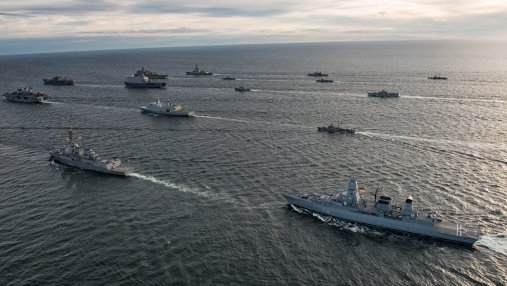
- 2018-12-07 13:00:18
США готують відповідь Путіну через агресію на Азові: у Росії налякані кораблями НАТО Голова обєднаного комітету начальників штабів США Джозеф Данфорд попередив Росію про можливість військової відповіді на агресію у Керченській протоці. Така заява роз

- 2018-12-07 12:31:47
Слідчі ДБР перевірять правомірність застосування поліцейським зброї проти відвідувача супермаркету в Харкові, який поранив його ножем

- 2018-12-07 12:01:25
Ракетний конфлікт між США та РФ: Вашингтон погрожує скасуванням ще одного договору Якщо Договір про ліквідацію ракет середньої і меншої дальності між Росією та Сполученими Штатами перестане діяти, то Вашингтон може переглянути ще одну угоду. У такому

- 2018-12-07 12:01:25
Протести у Франції: через жовтих жилетів закриють Ейфелеву вежу і Лувр Через протести, що можуть відбутися в суботу, 8 грудня, паризька влада оголосила про закриття місцевих історичних памяток та музеїв – зокрема Ейфелевої вежі і Лувру.

- 2018-12-07 11:31:33
Померла одна з найстаріших відеоблогерок у світі У південній Індії померла одна з найстаріших відеоблогерок 107-річна Мастанамма. Жінка вела свій кулінарний канал на YouTube.

- 2018-12-07 11:01:41
Более 140 судов ожидают прохода через Керченский пролив, РФ продолжает создавать препятствия для кораблей

- 2018-12-07 11:00:26
Германия предложила расширить миссию ОБСЕ на Азов

Это предложение должны обсудить на следующей неделе во время встречи представителей Украины и РФ при посредничестве Франции и Германии.
- 2018-12-07 11:00:02
Завершення війни на сході України є пріоритетом для ОБСЄ, - постпред Франції Роже-Лакан

- 2018-12-07 10:31:11
Европа стоит перед угрозами суверенитету и демократии из-за агрессии РФ, - МИД Великобритании

- 2018-12-07 10:30:20
Закон про припинення дії договору про дружбу з РФ направлено на підпис Порошенку

- 2018-12-07 10:01:16
Раненые украинские моряки не жалуются на условия в Матросской тишине, - Москалькова

- 2018-12-07 10:00:20
Дозволили вбивати росіян мовчки: РосЗМІ відреагували на ухвалення Радою закону Про прилеглу зону України

- 2018-12-07 09:31:42
Завершение войны на востоке Украины является приоритетом для ОБСЕ, - постпред Франции Роже-Лакан

- 2018-12-07 09:30:24
У ЄС затвердили декларацію щодо боротьби з антисемітизмом Країни-члени Європейського Союзу планують активізувати боротьбу з антисемітизмом, тобто національної та релігійної нетолерантності щодо євреїв. Також домовилися посилити безпеку, щоб краще зах

- 2018-12-07 09:01:16
Разрешили убивать россиян молча: РосСМИ отреагировали на принятие Радой закона О прилегающей зоне Украины

- 2018-12-07 09:00:24
МЗС Канади виділить 24 мільйони доларів на покращення урядування в Україні Канада планує виділити до 24 мільйонів доларів для України. Ці кошти підуть на організацію моніторингу за виборами 2019 року, досягнення гендерної рівності та покращення уряду

- 2018-12-07 08:31:57
Who really influences the price of oil?

Does Opec still control the price of oil in todays global market?
- 2018-12-07 08:31:42
Mexico 1971: When womens football hit the big time

With the 2019 Womens World Cup draw on Saturday, we look back at the groundbreaking unofficial 1971 event in Mexico.
- 2018-12-07 08:31:38
The blind woman developing tech for the good of others

Chieko Asakawa, blind since 14, develops groundbreaking technology for the visually impaired.
- 2018-12-07 08:31:34
The Iranian trailblazer who removed her headscarf

Shaparak Shajarizadeh is in exile after breaking Iranian law by removing her hijab.
- 2018-12-07 08:31:10
MSF vessel Aquarius ends rescue operations in the Mediterranean

The charity blames its decision on sustained attacks on rescue efforts by European nations.
- 2018-12-07 08:30:45
За минулу добу бойовики 6 разів відкривали вогонь по позиціях ЗС України, один військовослужбовець отримав поранення

- 2018-12-07 07:31:35
За минувшие сутки боевики 6 раз открывали огонь по позициям ВСУ, один военнослужащий получил ранения

- 2018-12-07 07:30:23
Адвокат Ассанжа закликав Еквадор продовжувати забезпечувати йому притулок Баррі Поллак наголосив, що Еквадор має продовжувати надавати притулок засновнику організації WikiLeaks Джуліану Ассанжу, який з 2012 року перебуває на території посольства цієї

- 2018-12-07 06:01:29
Жахлива ДТП у Польщі: одна людина загинула, ще 19 поранено Внаслідок масштабної аварії пасажирського автобуса у Польщі загинула одна людина, ще 19 отримали поранення різного ступеня важкості.

- 2018-12-07 05:01:06
Прокуратура квалифицировала гибель военнослужащего на передовой как террористический акт

- 2018-12-07 05:00:24
Трамп вирішив призначити Нойерт новим представником США при ООН, – ЗМІ Президент США Дональд Трамп вирішив призначити новим постпредом при ООН офіційного представника держдепартаменту Хізер Нойерт.

- 2018-12-07 04:01:12
Джорджа Буша-старшого поховали у Техасі Екс-президента США Джорджа Буша-старшого, який помер 30 листопада, поховали у четвер увечері в Техасі.

- 2018-12-07 03:01:26
Боевики попытались спровоцировать украинских военных на КПВВ, пропустив в нерабочее время пункта почти 20 автомобилей

- 2018-12-07 03:00:21
У Франції правоохоронці затримали понад 700 школярів та студентів Поліція затримала понад 700 школярів і студентів у Франції за участь у заворушеннях. Молодь заблокувала понад двісті шкіл, ще у більше ніж сотні закладів зірвали заняття.

- 2018-12-07 02:01:02
Военные России в Атлантике: в Пентагоне встревожены мощной угрозой со стороны Кремля

- 2018-12-07 00:30:20
Військові Росії в Атлантиці: у Пентагоні стривожені потужною загрозою з боку Кремля Дії російського військово-морського флоту в північній частині Атлантичного океану становлять велику загрозу Вашингтону. Саме для можливої протидії США створили другий

- 2018-12-07 00:01:33
Глава МЗС Німеччини Маас запропонував поширити дію моніторингової місії ОБСЄ на Азовське море

- 2018-12-07 00:01:26
РФ втручалась у вибори США: Трамп відзначився заявою щодо полювання на відьом і свого рейтингу Президент США Дональд Трамп переконаний, що рейтинги його підтримки є штучно заниженими через тривале російське розслідування спецпрокурора Роберта Мюллера

- 2018-12-06 23:31:15
Лукашенко посварився з Путіним на відкритті засідання ЄАЕС, звинувативши Росію в завищенні ціни на газ. ВIДЕО

- 2018-12-06 23:31:08
РФ вмешивалась в выборы в США: Трамп отметился заявлением по охоте на ведьм и своему рейтингу

- 2018-12-06 23:30:23
Росія втратила право говорити, що не є стороною конфлікту в Україні, - МЗС Польщі

- 2018-12-06 23:01:27
Суд в Крыму около пяти часов рассматривал дело адвоката Курбединова, продолжит заседание в пятницу

- 2018-12-06 23:00:24
Лукашенко поругался с Путиным на открытии заседания ЕАЭС, обвинив Россию в завышении цены на газ. ВИДЕО

- 2018-12-06 23:00:18
Россия потеряла право говорить, что не является стороной конфликта в Украине, - МИД Польши

- 2018-12-06 22:30:16
Мы все равно будем контролировать: США озвучили России требования по ракетному договору
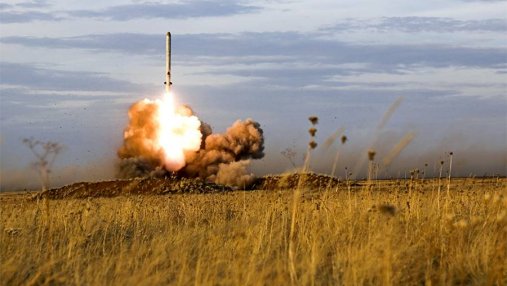
- 2018-12-06 22:00:20
Ми все одно будемо контролювати: США озвучили Росії вимоги щодо ракетного договору Рішення Сполучених Штатів вийти з Договору про ліквідацію ракет середньої і меншої дальності не означає, що Вашингтон відмовляється від контролю над озброєннями. При ц

- 2018-12-06 21:31:40

